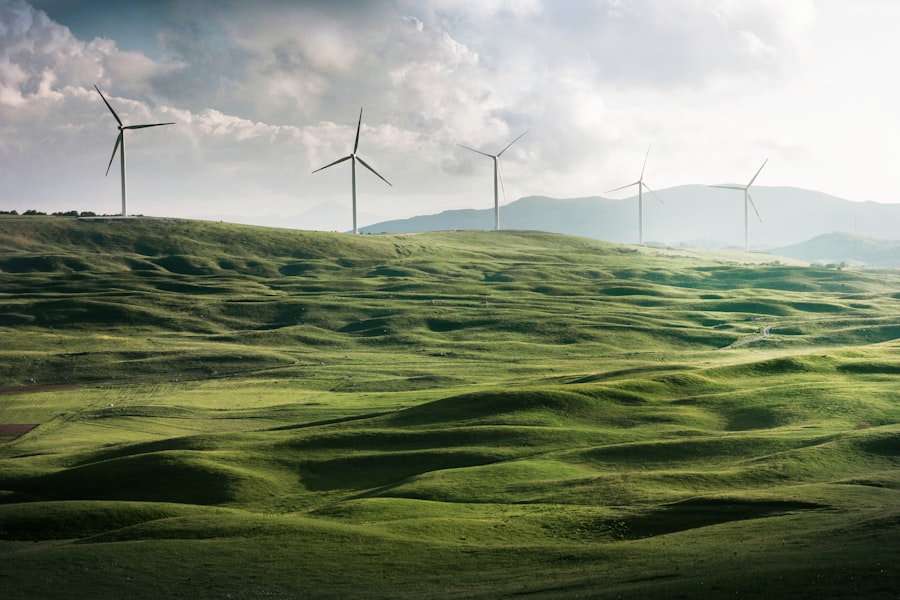
Nordfriesland Leads the Way in Energy Transition with GP Joule’s eFarm Project
Two Autokraft line buses are part of the flagship eFarm project. They are located at the hydrogen fueling station in Niebüll. Nordfriesland is making great strides towards energy transition, having already started with wind power decades ago and now producing more solar parks. GP Joule’s eFarm project has been granted a million-euro funding from the federal government and produces 200 kg of green hydrogen per day from wind power using electrolysis. There are seven mobile storage units for transporting hydrogen, two hydrogen fueling stations in Niebüll and Husum, and customers who use the product. GP Joule plans to bring even more buses and trucks onto the road soon, increasing their production capacity significantly.
The Benefits of an Energy Transition
The energy transition is a process of transitioning from traditional energy sources, such as fossil fuels, to renewable energy sources. This shift will bring many benefits to the environment, economy, and society. An energy transition can reduce greenhouse gas emissions, create jobs in the renewable energy sector, and provide more reliable and affordable energy sources. Additionally, it can help communities become more resilient to extreme weather events caused by climate change. Investing in an energy transition now can help ensure that future generations have access to clean and sustainable energy.You might also like this article: Vad är Xenobots? Vår definition. Picture source: Appolinary Kalashnikova